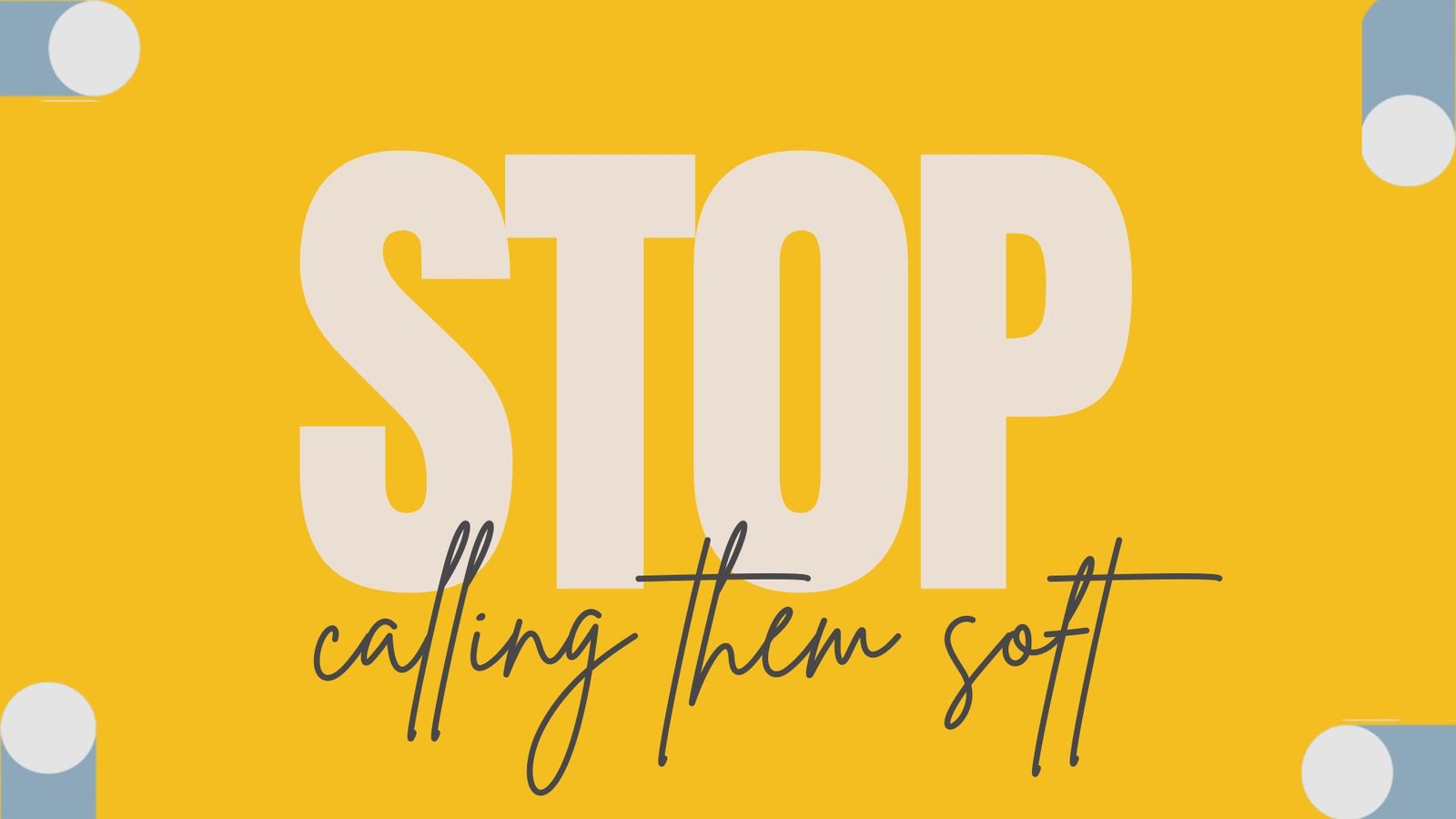By Susana von der Heide Founder & Thinking Partner at VON DER HEIDE
For years, we’ve divided skills into two fields: “hard” (technical, measurable, teachable) and “soft” (emotional, relational, hard to quantify). These labels carried an implicit hierarchy: hard skills built careers; soft ones were just “nice to have.” But the world has changed, contexts have shifted, and so have demands—and people. Today, the real question isn’t which matters most, but whether this binary still holds up at all.
Soft? Really?
What’s soft about leading difficult conversations?
About adapting to uncertainty without losing direction?
About sustaining empathy in high-pressure environments or reinventing oneself in the face of the unknown?
Technology, AI, and automation have come to speed everything up. And in doing so, they’ve made one thing abundantly clear: technical skills are no longer enough. According to McKinsey, by 2030, the time spent using social and emotional skills will grow by 24% in Europe and the U.S., while the use of manual and basic cognitive skills will drop by up to 15%.
It’s not just about what we can do. It’s about how we do it, with whom, from what place, and to what effect. “Soft” skills aren’t soft—they’re complex. They’re human. And they’re what makes the difference today.
Making sound decisions. Listening deeply. Collaborating effectively. Navigating ambiguity without freezing. These aren’t things you pick up in a webinar. They are the capabilities that allow organizations to adapt, reinvent themselves, and evolve.
A client recently said something to me that still resonates in my head: When people don’t speak up……What are we missing? When we don’t know how to read the silences…. How much value are we leaving on the table?”
Yes!!! Sometimes, the biggest impact isn’t what gets said. It’s what gets overlooked. And in that ignored silence, may lie the difference between a thriving team and one barely getting by.
In fact, according to our study, 6 out of 10 companies report ending up hiring candidates who are not the “ideal fit.” Often, technical capabilities yet what’s missing are the human skills and cultural resonance that make performance sustainable. It’s not just about filling roles; It’s about mutually choosing one another.
In a world where AI can “learn everything,” what cannot be automated becomes even more valuable. Creativity. Intuition. Contextual awareness. The ability to hold steady when everyone else is searching for a north star. These are the new differentiators. And they require practice, space, and validation.
Another powerful insight: teams with greater diversity—especially gender diversity—can deliver returns on investment that are up to 65% higher. Research by Woolley and Chabris shows that collective intelligence isn’t linked to individual IQ, but to the group’s social sensitivity. And that sensitivity is exactly what we’ve been referring to as “soft.”
So why do we keep using this label? Maybe it’s time for a reframe.
Let’s stop treating soft skills as optional. Let’s recognize them as core skills—critical, urgent, and essential.
Because we’re not entering a world that asks for less humanity, we’re entering one that demands far more. It yearns for deeper integration between logic and emotion, for more spaces where data meets intuition, and where efficiency doesn’t cancel out empathy.
This calls for more than just updated training programs. It demands a shift in the mindset with which we evaluate talent. Designing interviews that seek not just achievements, but life stories. Development paths that blend digital tools with human mentorship. Leadership that dares to listen before explaining.
Today, talking about skills means talking about the future – but also about the present. Because there is no sustainable business without meaningful conversations, without a living culture, without intersecting, complementary, and dynamic capabilities.
It’s not soft vs. hard. It’s awareness in action.
And that, ultimately, is what determines whether an organization is building sustainable outcomes or simply putting out fires.




